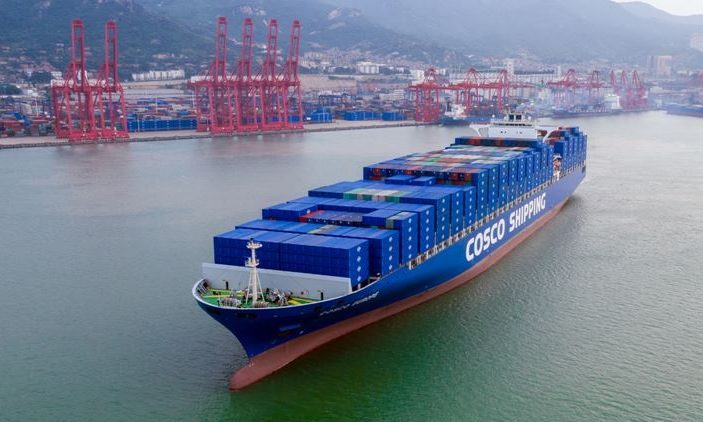China extends open-loop scrubber ban

China’s Ministry of Transport has issued a draft plan for measures to deal with the 2020 IMO sulphur cap, five months before the implementation of the regulation.
Under the plan, from January 1 2020, the ministry will request international ships to use fuel oil with no more than 0.5% sulphur content for sailing in Chinese controlled waters and use fuel oil with no more than 0.1% sulphur content when sailing on China’s inland rivers and Hainan waters.
Most notably, the plan has banned international ships from dumping waste water from using open-loop scrubbers at China’s emission control area (ECA), which covers most of the country’s coastline.
The ministry first announced the ban on open-loop scrubbers in January this year.
The ministry announced the draft plan in an open notice, asking opinions from relevant companies and authorities before making it official.

I have been supplying environmental systems to Chinese customers for more than 20 years. Over that time I have seen a dramatic improvement to both the air and the waters in China. however there is still a tremendous amount of work to be done before the Chinese environment can truly be considered “clean”. It is understandable that in rivers and inland open loop scrubbers cannot be used. Open loop requires the alkalinity of the seawater and that is not available in rivers and lakes. However, the ban on open loop systems on coastlines seems to be going too far. Discharge from open loop scrubbers that meet the IMO requirements is more environmentally friendly that any Chinese land based industrial standard. Actually, in many cases it is 10 to 100 times stricter (less polluting) than even required in western countries. Why then cause such burden on the shipping industry? In the end, actual tests and real studies have shown that open loop scrubber discharge in coastal seawaters will not have any impact on the sea water quality or on the sea life.
Hi Nicholas.
As anyone reading the maritime press over the last decade will know, the truth about open loop scrubbers remains entirely unclear to this day, owing to the huge amount of lobbying and misinformation polluting the ‘academic’ sphere.
With that in mind, readers should note a quick google search suggests you work for a manufacturer of marine scrubbers. I’m sure your comments are nonetheless 10 to 100 times more impartial than the enviromental reports which conclude the contrary.
A recent Chinese report stated that air pollution from shipping caused approx. 20,000 premature deaths in China. The main culprit is the Particulate Matter (PM) from the exhaust gas.
Scrubberes, whether open or closed loop, remove between 50-90% of the PM from the exhaust.
It can then be difficult to comprehend the ban in China and other places, which is based on a possible negative impact on the marine life while ignoring the documented positive impact on the population in ports and coastal regions?
It should also be taken into account that much of the 0.50% S fuel, which will be used from 1 January 2020, will be based on HFO so many of the components the authorities are concerned with in the scrubber wash water will end up in the water anyway – or in the streets of the populated port and coastal regions.